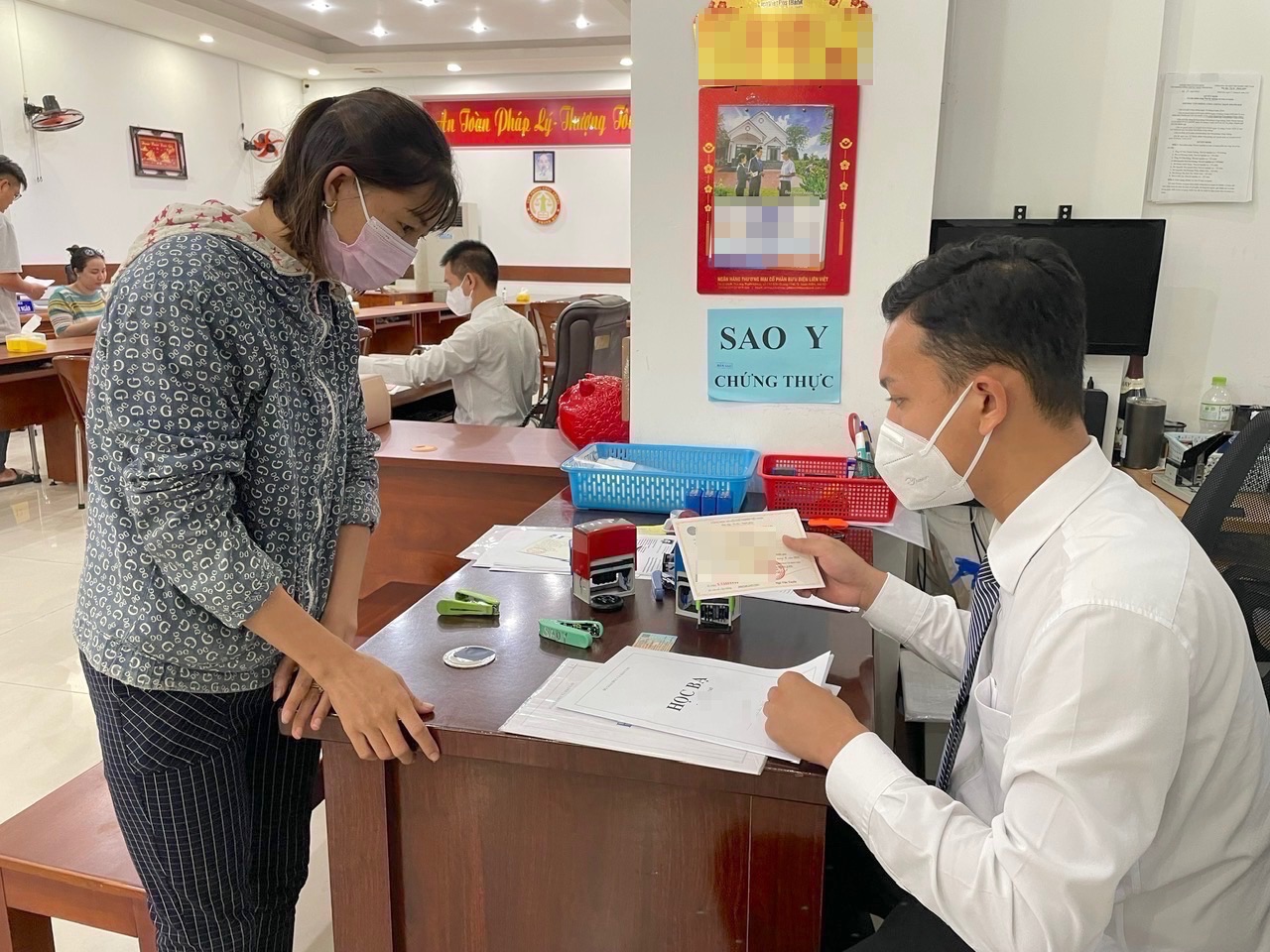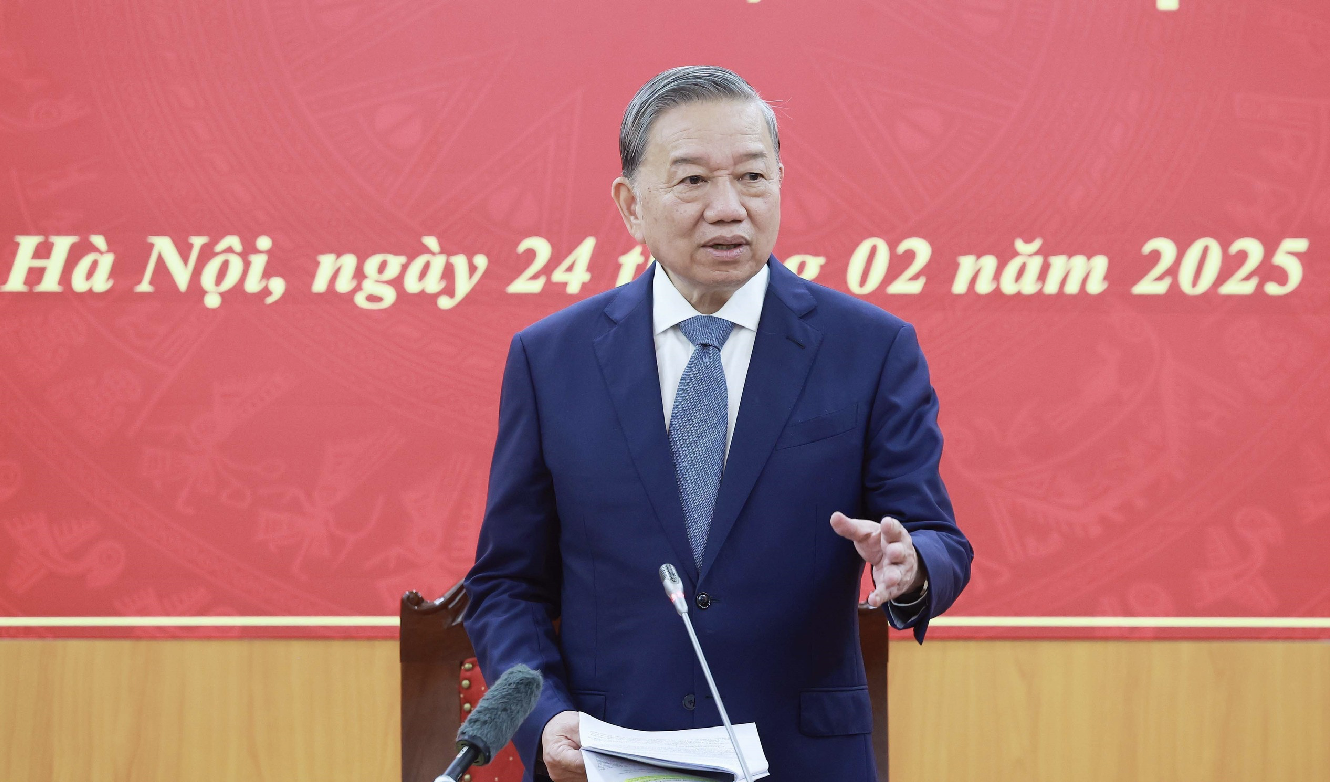Previously, when applying for a job, I only had the habit of going to the ward to certify the signature, or photocopying degrees, certificates, etc., and then having them notarized. Now I am planning to buy a house, but I lack knowledge about certification, so I don’t know where to start. So I would like to ask the newspaper to advise me on how to distinguish between signature certification and contract certification, is there any difference between the transaction?
Reader Diem Le.
Lawyer Chu Van Hung (Tam Tri Law Office, Ho Chi Minh City) advised that according to Article 2 of Decree No. 23/2015, there are 3 forms of authentication: authentication of copies from originals; authentication of signatures; authentication of contracts and transactions.
Clause 9, Article 2 of this Decree stipulates: the person performing the certification is the head or deputy head of the justice department of a district, town or provincial city; the chairman or vice chairman of the People's Committee of a commune, ward or town; a notary of a notary office or notary office; a diplomatic officer or consular officer of a diplomatic representative agency, a consular representative agency or other agency authorized to perform consular functions of Vietnam abroad.

People perform certification at a notary office in Ho Chi Minh City.
"Signature certification" is the act of a competent agency or organization certifying that the signature in a document or paper is the signature of the person requesting certification.
"Contract and transaction authentication" is the act of a competent authority certifying the time and place of contract and transaction conclusion; civil capacity, voluntary will, signature or fingerprint of the parties participating in the contract and transaction.
Signature authentication
The person requesting signature certification is responsible for the content of the documents and papers he/she signs to request signature certification.
The person performing the certification is responsible for the authenticity of the signature of the person requesting certification in the documents and papers (Article 23 of Decree 23 of 2015).
Thus, the person performing signature certification is not responsible for the content of the documents and papers whose signatures he/she certified.
However, documents and papers requiring signature certification containing illegal and unethical content; propagating and inciting war, opposing the socialist regime of Vietnam; distorting the history of the Vietnamese people; insulting the honor, dignity and reputation of individuals and organizations; or violating civil rights will not have their signatures certified (Clause 4, Article 22, Decree 23).
Contract and transaction authentication
Regarding responsibility, Article 35 of Decree 23 stipulates:
The person requesting certification shall be fully responsible for the content and legality of the contract and transaction; the validity and legality of the documents specified in Point c, Clause 1, Article 36 of this Decree.
The person performing the certification is responsible for the time and place of contract and transaction conclusion; civil capacity, voluntary will, signature or fingerprint of the parties participating in the contract and transaction.
The person performing the certification has the right to refuse to certify contracts and transactions with content that is against the law or social ethics.
Thus, in the case of notarizing contracts and transactions, the person performing the notarization is not responsible for the content, legality, and validity of the contract, transaction, etc.
Source link









































![[Photo] Prime Minister Pham Minh Chinh chairs Government Conference with localities on economic growth](https://vstatic.vietnam.vn/vietnam/resource/IMAGE/2025/2/21/f34583484f2643a2a2b72168a0d64baa)
























































Comment (0)